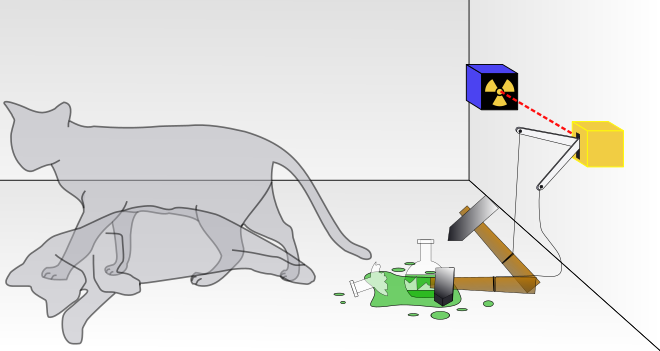by Greg Walcher, E&E Legal Senior Policy Fellow
As appearing in the Daily Sentinel
A quantum physicist named Erwin Schrodinger, in a 1935 discussion with Albert Einstein, suggested a concept known as Schrodinger’s Cat, whereby an animal is both alive and dead, depending on unknowable hypothetical circumstances. There is a modern variation, in which someone makes a snide remark and then decides whether to say he is serious or only joking, after seeing people’s reactions. If everyone approves, he was serious, but if he gets nasty looks, he was “just kidding.”
Schrodinger might have appreciated how the Bureau of Reclamation handled its grand announcement last week of new management rules for the anemic Colorado River.
Recall that a couple of months ago the Commissioner of Reclamation issued an ultimatum to all seven states that depend on the Colorado River, demanding they slash their water use by millions of acre feet. The total reduction demanded virtually equaled Colorado’s entire share, and the states were given 60 days to come up with an “acceptable” plan. Otherwise, the Bureau threatened to thrust aside the Interstate Compact, ignore a century of western water law, abolish the legal distinction between Upper and Lower Basins, and assume complete control of the allocation of water among the states.
The Bureau got more than just nasty looks from all, so when the 60 days expired last week, the agency all but said, “we didn’t mean it.” The final decision on management of dams, reservoirs and canals for the next year did not come close to the threatened actions, because of the push-back from the states. In fact, the government’s press release contained little of the earlier bluster, sidestepping all its earlier threats, especially in the Upper Basin states of Colorado, Wyoming, Utah and New Mexico.






